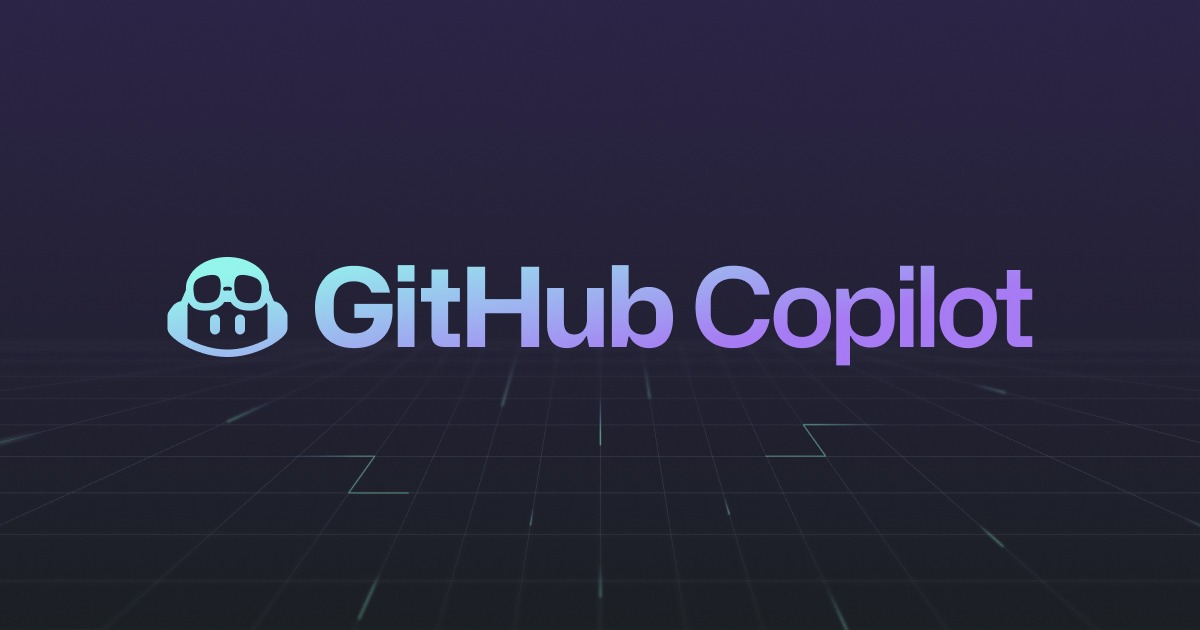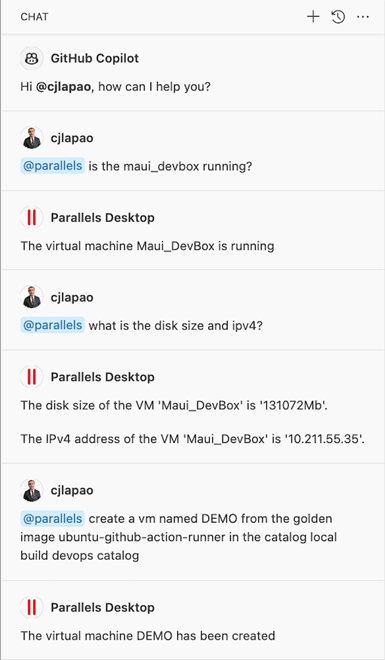GitHub Copilot: Was Sie wissen sollten

Einführung
Wenn Sie den Hype um KI-Coding-Assistenten gehört haben und sich gefragt haben: „Was hat es damit auf sich?“, sind Sie hier genau richtig. Wir tauchen ein in GitHub Copilot und XXAI – zwei KI-Tools, die in der Coding-Szene für Aufsehen sorgen. Lassen Sie uns herausfinden, was sie tun, warum sie cool sind und wie sie in die ethische Diskussion passen.

Verstehen der KI-gesteuerten Programmierung
KI-Coding-Assistenten sind wie ein hilfreicher Kollege, der Ihnen beim Programmieren hilft und darauf abzielt, die Qualität und Geschwindigkeit Ihres Codes zu verbessern.
GitHub Copilot: Ihr Programmierpartner
Das ist das Wesentliche von KI-Coding-Assistenten, die Ihnen helfen, besser und schneller zu programmieren. Seit seiner Einführung hat GitHub Copilot aus mehreren Gründen an Popularität gewonnen:
GitHub Copilot verfolgt Ihren Programmierprozess, sagt Ihre nächsten Schritte voraus und schlägt Vervollständigungen vor, wodurch Sie Zeit und Mühe sparen.
- Sprachübersetzer
Es unterstützt mehrere Programmiersprachen, darunter JavaScript, Python, Ruby und andere, was es für verschiedene Projekte vielseitig einsetzbar macht.
- Natürlicher Kommunikator
Copilot übersetzt Ihre Beschreibungen in natürlicher Sprache in gut strukturierten Code und vereinfacht so den Programmierprozess.

XXAI: Anpassen des Codes an Ihren Stil
Während GitHub Copilot weithin diskutiert wurde, bietet XXAI in der Welt der KI-Programmierung seine eigenen einzigartigen Vorteile:
- Handwerkskunst im Code
XXAI konzentriert sich auf die Erstellung von hochwertigem Code, der bewährten Praktiken entspricht.
- Nahtlose IDE-Integration
Es lässt sich reibungslos in verschiedene Entwicklungsumgebungen integrieren und sorgt für einen konsistenten und effizienten Arbeitsablauf.
- Anpassbar an Ihren Stil
XXAI passt sich Ihrem persönlichen Programmierstil an und dient als zuverlässiger Partner bei Ihren Programmieraufgaben.
So funktionieren KI-Assistenten
Diese KI-Assistenten basieren auf fortschrittlichen Sprachmodellen, die auf umfangreichen Code-Datensätzen trainiert wurden, und können:
- Muster erkennen
Sie identifizieren häufige Muster und Strukturen in Programmiersprachen und fungieren als Code-Detektive.
- Ihre Schritte vorhersagen
KI-Assistenten sagen Ihre Programmieraktionen basierend auf dem aktuellen Codekontext voraus und bieten relevante Vorschläge an.
- Code für Sie schreiben
Sie generieren auf Aufforderung neue Code-Snippets und unterstützen Sie bei Ihren Programmieraufgaben.
Die Vorteile von KI-Assistenten
Für diejenigen, die neu in der KI-Programmierung sind, hier einige überzeugende Gründe, einen KI-Assistenten in Betracht zu ziehen:
- Mehr Zeit für komplexe Aufgaben
Indem sie die Last routinemäßiger Programmieraufgaben reduzieren, ermöglichen es Ihnen KI-Assistenten, sich auf komplexere und herausfordernde Probleme zu konzentrieren.
- Kontinuierliches Lernen
Sie können neue Programmiertechniken und bewährte Praktiken auf praktische Weise erlernen, ohne formalen Unterricht nehmen zu müssen.
- Gemeinschaftsbeteiligung
Der Beitritt zu einer Gemeinschaft, die aktiv die Zukunft der Programmierung gestaltet, kann wertvolle Einblicke und Kooperationsmöglichkeiten bieten.
- Ethische und praktische Überlegungen
Es ist wichtig, die ethischen und praktischen Aspekte der Verwendung von KI in der Programmierung zu berücksichtigen:
- Menschliche Überprüfung
Von KI generierter Code sollte von Menschen überprüft werden, um die Genauigkeit zu gewährleisten und potenzielle Probleme zu erkennen.
- Datenschutzbedenken
Die Art und Weise, wie KI aus öffentlichem Code lernt, und die damit verbundenen Datenschutzaspekte sind ein wichtiges Thema, das derzeit diskutiert wird.
- Geistiges Eigentum
Es gibt eine laufende Debatte über das Eigentum und die Originalität von Code, der von KI-Assistenten geschrieben wird.
Die Zukunft der KI in der Programmierung
Mit Blick auf die Zukunft können wir erwarten:
- Beherrschung mehrerer Sprachen
Es wird erwartet, dass KI-Programmierwerkzeuge in einer breiteren Palette von Programmiersprachen immer kompetenter werden.
- Tiefere Workflow-Integration
Es ist wahrscheinlich, dass KI in den Entwicklungsworkflow stärker integriert wird und mehr als nur zusätzliche Hilfe bietet.
- Klare ethische Richtlinien
Die Programmiergemeinschaft arbeitet daran, klare ethische Richtlinien für die Verwendung von KI in der Programmierung zu entwickeln, die Daten- und Rechtsfragen abdecken.
Fazit
GitHub Copilot und XXAI sind mehr als nur Werkzeuge; sie sind wertvolle Ergänzungen zu Ihrem Programmierwerkzeugkasten. Während wir diese Technologien weiter erkunden, ist es wichtig, die Vorteile mit den Herausforderungen und ethischen Überlegungen in Einklang zu bringen.
Ressourcen
Für diejenigen, die mehr erfahren möchten, sollten die folgenden Ressourcen in Betracht ziehen:
- GitHub Copilot Offizielle Dokumentation: Umfassende Informationen zu den Fähigkeiten von GitHub Copilot.
- XXAI Benutzerhandbuch: Ein ausführlicher Blick auf die Funktionen und Anwendungsfälle von XXAI.
- Ethik der KI in der Programmierung: Eine Plattform für laufende Diskussionen über die ethischen Implikationen von KI in der Programmierung.